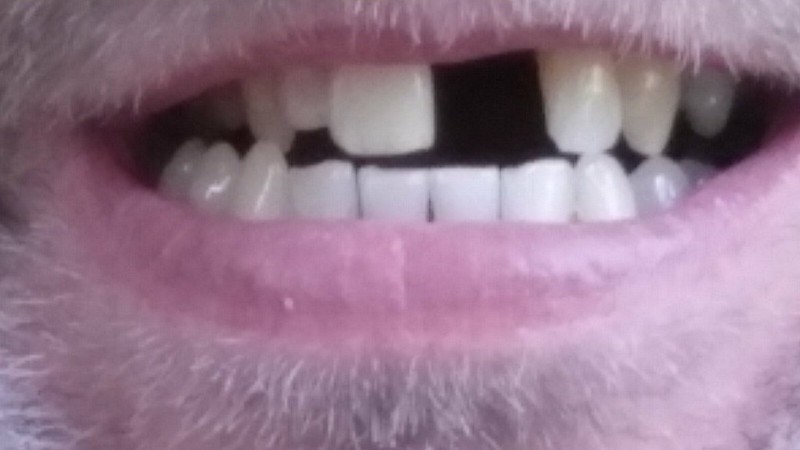An interesting article titled “Social isolation, loneliness and accelerated tooth loss among Chinese older adults: A longitudinal study.” appears in Community Dentistry and Oral Epidemiology in 2022 written by Xiang Qi, Yaolin Pei, Katherine Wang, Shuyu Han, and Bei Wu. The article sought to explore the effects of social isolation and loneliness for older Chinese adults by looking particularly at the number of teeth remaining and the rate of tooth loss over time.
In the article the authors analyzed data from 4,268 adults ages 65 and older from
three different timepoints of the Chinese Longitudinal Healthy Longevity Survey (2011-2012, 2014, 2018). The surveys captured measures of social isolation, loneliness, and tooth loss. In these surversy more than a fourth (27.5%) of the study participants were socially isolated and also more than a fourth (26.5%) reported feeling lonely.
The authors found that if one has higher levels of social isolation than this is associated with losing teeth more quickly and having fewer teeth. These results held up even when the authors controlled for factors like smoking, drinking, oral hygiene, and health status. The authors found that older adults who were socially isolated had 2.1 fewer natural teeth and lost teeth at 1.4 times the rate when compared to those who were not as socially isolated. The authors made a linear mixed-effect model to explain this relationship. The authors also found that if has higher levels of loneliness than this is not associate with both losing teeth more quickly and having fewer teeth. The fact that loneliness did not have an association with less teeh and the rate of losing teeth over time in older adults but social isolation was was surprising.

The authors state
“This study provides strong evidence that social isolation was associated with fewer remaining teeth and accelerated tooth loss among Chinese older adults.”
The authors feel that while the study population was from China, the study results are applicable to people living in other countries. The authors feel that it is possible that socially isolated adults are less likely to engage in activities like physical exercise which could lead to worse oral hygiene and more systemic inflammation. On the other hand, those are just lonely may still have social networks in place that they could tap into to help eep them healthy. The authors feel that programs could potentially help support relationships within families and improve older adult’s social connections with their communities.
